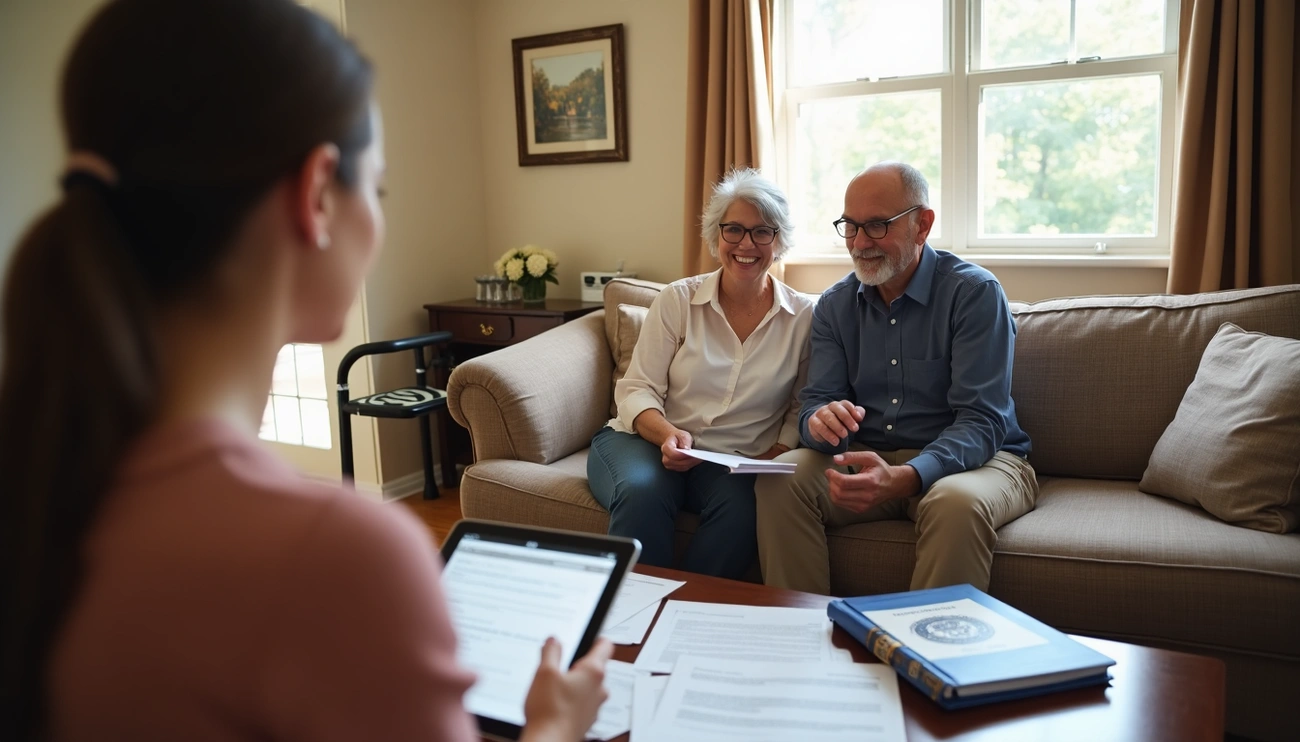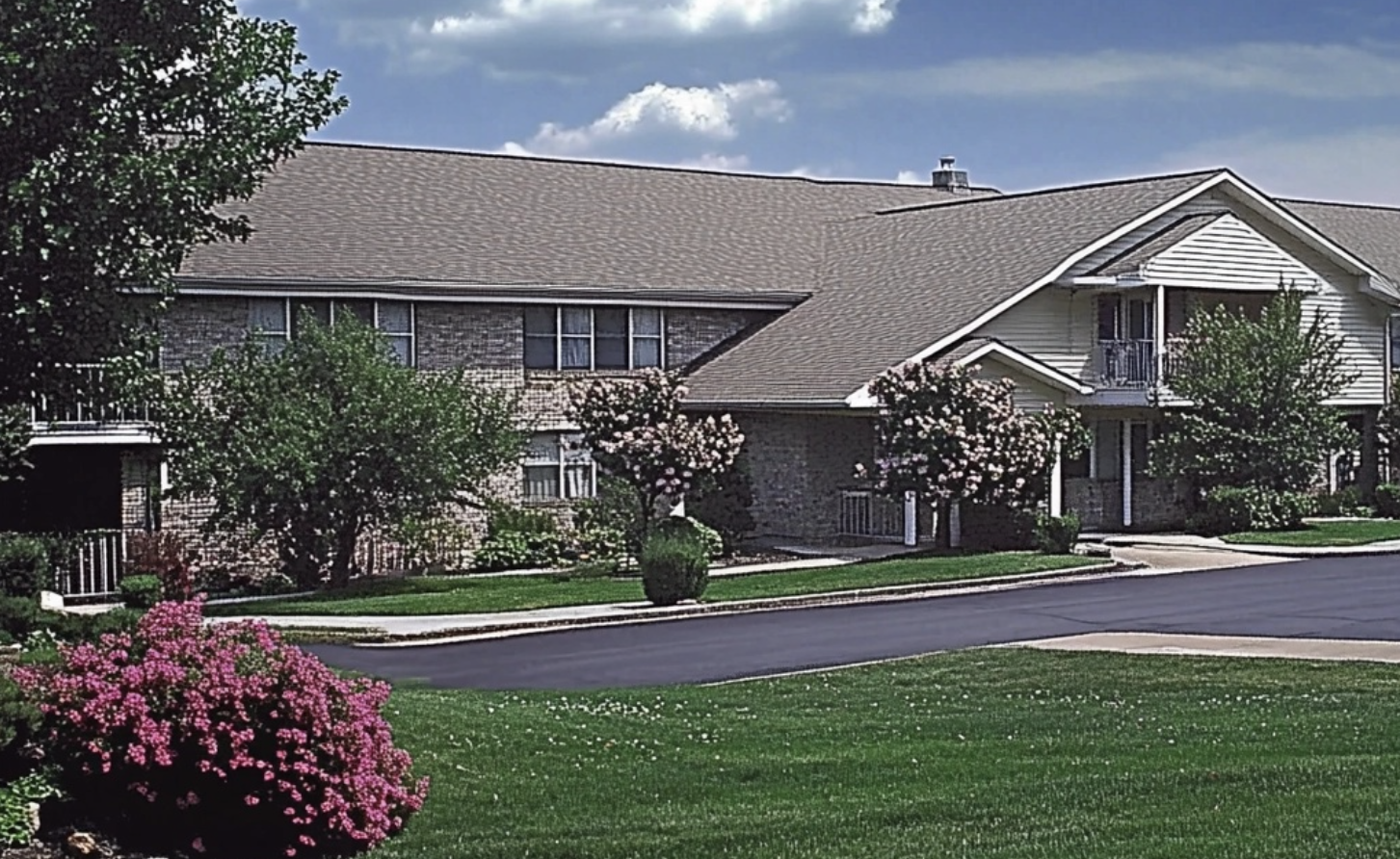As our population ages, nonprofit organizations that help senior citizens play an increasingly vital role in society. These organizations provide essential services and support to older adults, enhancing their quality of life and promoting independence. From offering meals and transportation to providing health care assistance and educational programs, these nonprofits address the diverse needs of seniors across the nation. Many of these organizations also leverage peer-to-peer fundraising to mobilize communities and generate essential funding to continue their impactful work.
This article explores several leading organizations dedicated to supporting older adults. We’ll examine the work of Meals on Wheels America in delivering nutritious meals, AARP’s advocacy efforts, and the Alzheimer’s Association’s crucial support for those affected by dementia. Additionally, we’ll look at the National Council on Aging’s programs to help seniors access benefits, Second Wind Dreams’ initiatives to fulfill wishes for the elderly, and the various volunteer opportunities available within these organizations. By understanding these nonprofits’ impact and their innovative use of peer-to-peer fundraising, we can better appreciate their contributions to the well-being of our senior population.
Meals on Wheels America
Meals on Wheels America stands as the leadership organization supporting over 5,000 community-based programs across the country. Their mission is to empower local community programs to improve the health and quality of life of seniors, ensuring no one is left hungry or isolated. With a vision of an America where all seniors live nourished lives with independence and dignity, this organization has been a force in the fight against senior hunger and isolation for nearly 70 years. By engaging in peer-to-peer fundraising efforts, Meals on Wheels amplifies its impact, allowing supporters to directly contribute to its mission while expanding its reach within communities.
Meals on Wheels offers a comprehensive solution that begins with a meal but extends far beyond. Their services include:
- Healthy Meals: Providing nutrient-dense, portion-controlled meals that align with dietary guidelines.
- Tailored Meals: Offering culturally and medically tailored meals to meet specific needs.
- Supplements: Providing ready-to-drink beverages to support daily nutrition requirements.
- Education: Offering nutrition education to support healthy food choices and behaviors.
- Counseling: Providing nutrition counseling to help seniors plan meals and optimize their health.
The impact of Meals on Wheels is significant and far-reaching. They deliver 251 million meals annually to 2.2 million seniors, addressing hunger and isolation. Their services have proven to:
- Improve health
- Enable independence
- Provide peace of mind
- Foster dignity and respect
Research has shown that Meals on Wheels is an evidence-supported, cost-effective solution. It reduces health care utilization, prevents nursing home admissions, and generates substantial health care cost savings. By fostering social connections, providing safety checks, and delivering nutritious meals, Meals on Wheels supports older adults in maintaining their health and independence. Their success is further bolstered by peer-to-peer fundraising campaigns that allow communities to rally around this critical cause.
AARP (American Association of Retired Persons)
The American Association of Retired Persons (AARP) stands as a prominent nonprofit, nonpartisan organization dedicated to addressing the needs of middle-aged and elderly Americans. Founded in 1958 by Ethel Percy Andrus, a retired teacher, AARP has grown to become one of the most influential advocacy groups for seniors in the United States. Through various initiatives, including peer-to-peer fundraising, AARP empowers its vast membership base to advocate for policies that benefit older adults.
AARP’s mission is to enhance the quality of life for all as people age. The organization champions positive social change and delivers value through advocacy, information, and service at both national and state levels. AARP envisions a society where all individuals live with dignity and purpose, fulfilling their goals and dreams.
AARP offers a wide array of services to its members, including:
- Group health insurance programs
- Discounts on travel, car rentals, and hotels
- Automotive insurance
- Credit union services
- Pharmacy and travel services
- Community service programs in areas such as crime prevention and adult education
- Retirement planning resources
- Publications like Modern Maturity magazine and AARP Bulletin
With a membership exceeding 30 million, AARP has become a powerful force in American politics. The organization serves as a legislative advocate for the elderly at federal and state levels, working to influence the passage of legislation that affects older citizens. AARP’s large membership, coupled with higher voting rates among elderly Americans, has solidified its position as one of the most influential advocacy groups in the country. Peer-to-peer fundraising further strengthens their advocacy efforts, enabling members to engage their networks in supporting crucial initiatives.
Alzheimer’s Association
The Alzheimer’s Association leads the way to end Alzheimer’s and all other dementia. Their mission focuses on accelerating global research, driving risk reduction and early detection, and maximizing quality care and support. The organization envisions a world without Alzheimer’s and all other dementia.
The Association offers a wide range of services to support those affected by Alzheimer’s:
- 24/7 Helpline (800.272.3900): Provides reliable information, advice, and support.
- Local programs: Face-to-face support groups and educational programs in communities nationwide.
- Online support: AlzConnected®, an online community forum for people with Alzheimer’s and caregivers.
- Educational resources: Programs to help understand and prepare for the challenges ahead.
- Early-stage social engagement programs: Opportunities to connect with others living with early-stage Alzheimer’s.
The Alzheimer’s Association has a significant impact on research, care, and support:
- Largest nonprofit funder of Alzheimer’s research
- Hosts the Alzheimer’s Association International Conference® (AAIC)®
- Publishes the scientific journal Alzheimer’s & Dementia®
- Provides TrialMatch®, a free clinical studies matching service
- Advocates for increased federal research funding and improved care policies
The Association’s efforts have led to increased awareness, research funding, and support for those affected by Alzheimer’s and other dementias. Through peer-to-peer fundraising, the Alzheimer’s Association empowers individuals and families affected by dementia to raise funds and awareness, driving progress in the fight against this disease.
National Council on Aging
The National Council on Aging (NCOA) aims to enhance the lives of millions of older adults, particularly those who are vulnerable and disadvantaged. Their vision is to create a just and caring society where everyone can age with dignity, purpose, and security. NCOA strives to impact the health and economic security of 40 million older adults by 2030, focusing on women, people of color, LGBTQ+, low-income, and rural individuals.
NCOA offers various services to support older adults:
- BenefitsCheckUp®: A free, confidential online tool to find benefits for food, medicine, and healthcare.
- Economic security programs: Savvy Saving Seniors toolkits and Home Equity Advisor.
- Health and wellness initiatives: Falls Prevention programs and Restart Living resources.
- Employment assistance: Senior Community Service Employment Program (SCSEP).
- Digital tools: Providing personalized online support for Medicare planning and healthy aging.
NCOA has been a leading voice for older adults since 1950. They’ve advocated for crucial programs like Medicare, Medicaid, and the Older Americans Act. NCOA continues to champion older adults’ needs by:
- Providing trusted, unbiased information.
- Offering personalized online support.
- Assisting professionals in community-based organizations.
- Advocating against ageism and for stronger federal programs.
Through these efforts, NCOA aims to improve the health and financial well-being of vulnerable older adults, ensuring they can age with dignity and security. Peer-to-peer fundraising plays a vital role in mobilizing communities to support these essential programs and initiatives, allowing individuals to contribute directly to causes that matter most to them.
Second Wind Dreams
Second Wind Dreams stands as the first organization in the United States dedicated to enhancing the quality of life for elders and changing society’s perception of aging. Their mission focuses on making elder dreams come true, connecting society to the forgotten truth that age does not erase hopes and dreams.
Second Wind Dreams services include:
- Dreams Program: Fulfills dreams of elders, averaging 6 dreams per day.
- Virtual Dementia Tour®: A scientifically proven method to increase sensitivity toward those with dementia.
- Educational opportunities: Provides innovative programs for caregivers and communities.
- E-Dreams network: Allows posting dreams to raise funding and showcase fulfilled dream stories.
- Gifts of Light Holiday program: Available for skilled nursing facilities.
Since 1997, Second Wind Dreams has fulfilled over 10,000 dreams, creating a ripple effect that spreads from elders to those who help make their dreams a reality. The organization has expanded to more than 1000 eldercare communities in 20 countries, weaving dreams from the simple to the sublime. Their efforts have led to increased empathy in care, ongoing research for dementia sufferers, and a shift in the perception of aging. Peer-to-peer fundraising initiatives empower supporters to actively participate in fulfilling these dreams, fostering a sense of community and shared purpose.
Conclusion
The organizations highlighted in this article demonstrate the vital role nonprofits play in supporting our senior population. From providing meals and healthcare assistance to fulfilling dreams and advocating for policy changes, these groups have a significant impact on the lives of older adults. Their efforts contribute to enhancing the quality of life, promoting independence, and ensuring dignity for seniors across the nation.
As our population continues to age, the importance of these nonprofits is likely to grow. By understanding and supporting their work, we can all play a part in creating a society that values and cares for its older members. Whether through volunteering, donating, participating in peer-to-peer fundraising, or simply spreading awareness, each of us has the power to make a difference in the lives of seniors in our communities.
FAQs
What are some top charities focused on helping elderly people?
Several charities are renowned for their efforts to support seniors, including the Alzheimer’s Foundation of America (AFA), Honor Flight Network (HFN), Meals on Wheels America (MWA), Pets for the Elderly (PFE), Second Wind Dreams, SeniorNet which focuses on education and empowerment, and Shepherd’s Centers of America (SCA).
Which organization is the most influential for senior citizens?
The American Association of Retired Persons (AARP) is considered the most powerful organization for senior citizens. Founded in 1958, it now boasts over 38 million members and is committed to empowering individuals to choose how they live as they age.
Can you name an organization that focuses exclusively on senior citizens?
The AARP (American Association of Retired Persons) is a nonprofit membership organization specifically dedicated to meeting the needs and interests of people aged 50 and above.
Which nonprofit organization is known for being the most successful?
Among the most successful nonprofit organizations in America are Goodwill Industries, Catholic Charities, The Nature Conservancy, Boy Scouts of America, Cystic Fibrosis Foundation, the Smithsonian Institution, and ALSAC – St. Jude Children’s Research Hospital. These organizations are recognized for their financial efficiency and effectiveness in fulfilling their missions.












